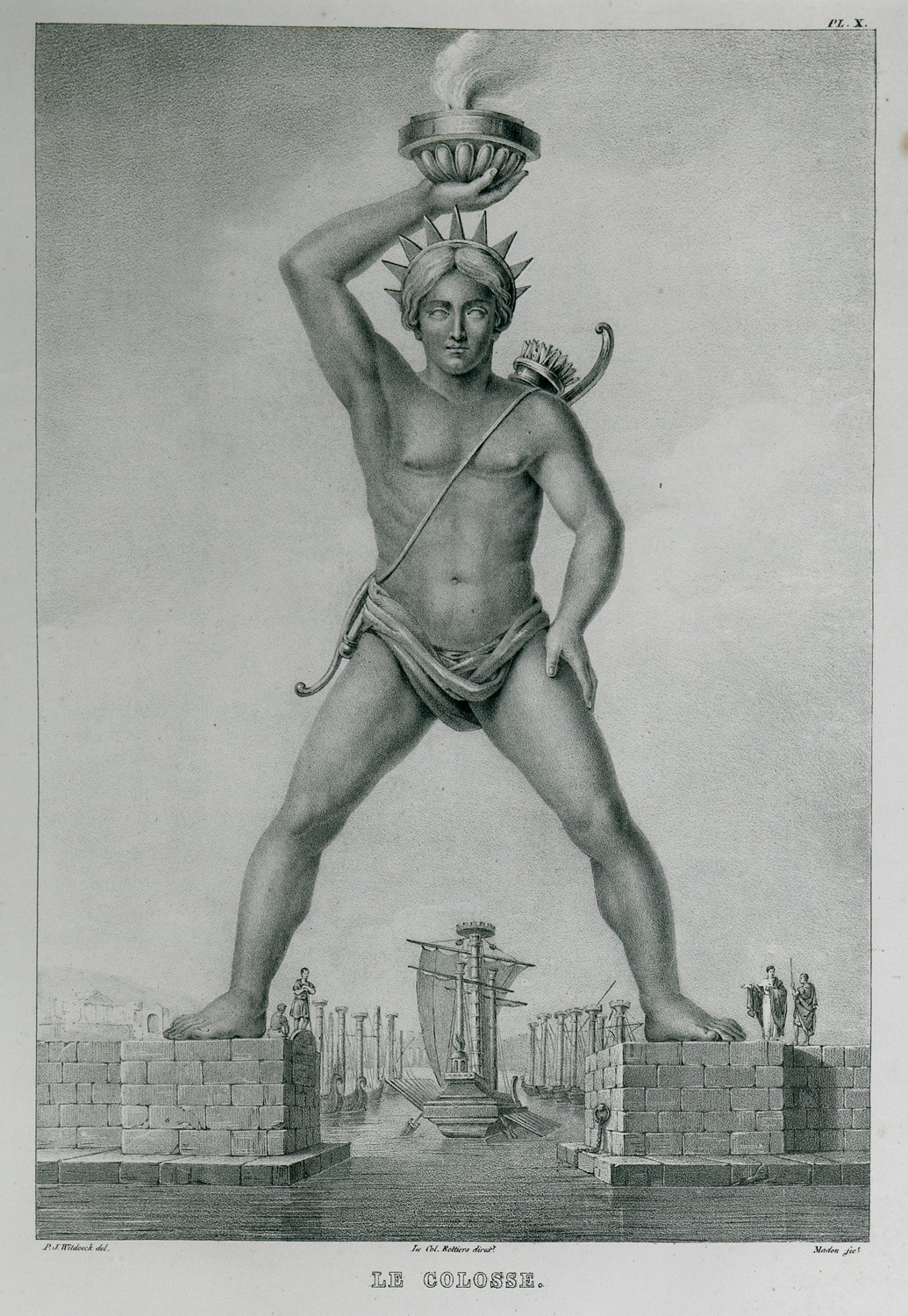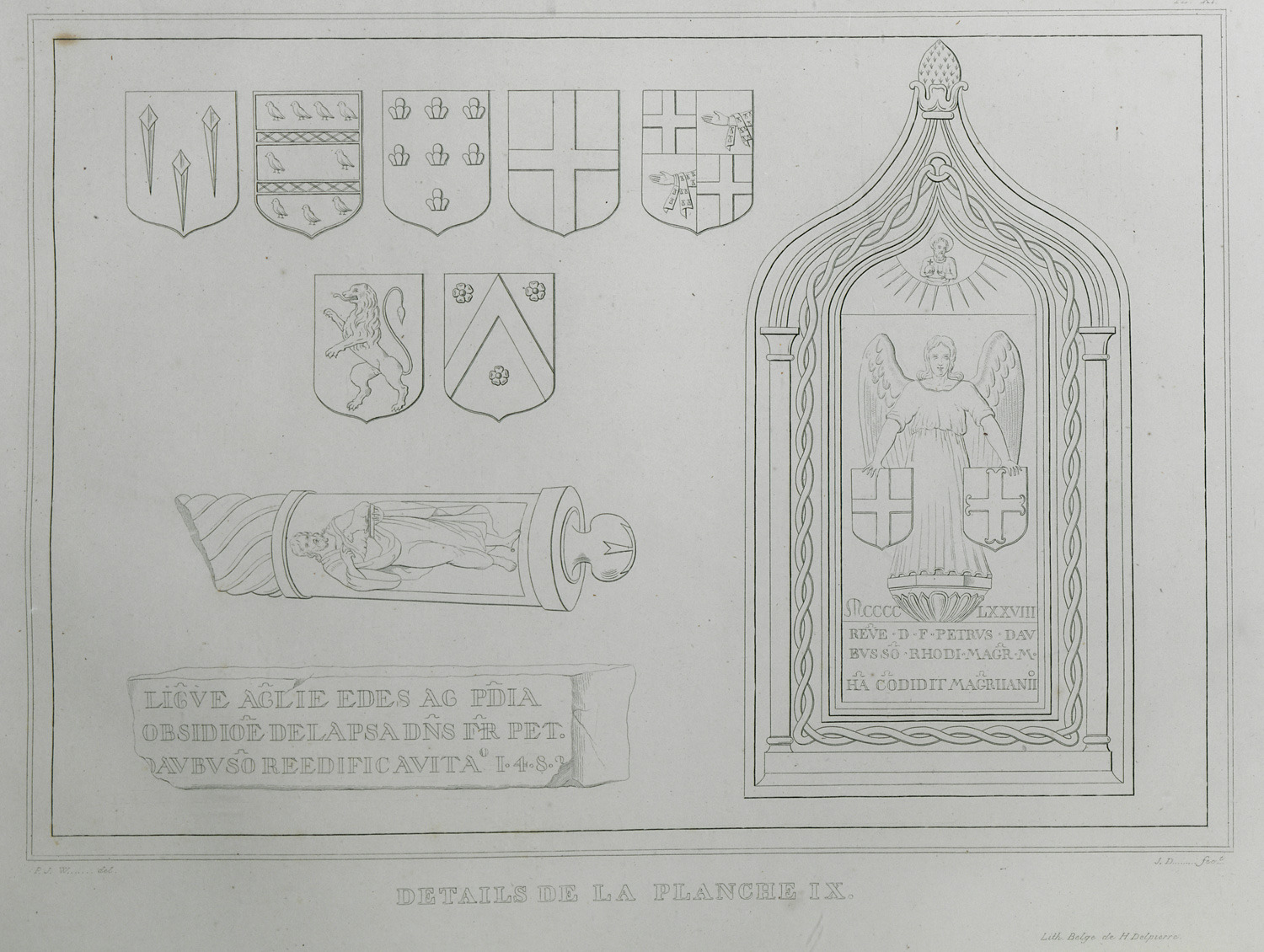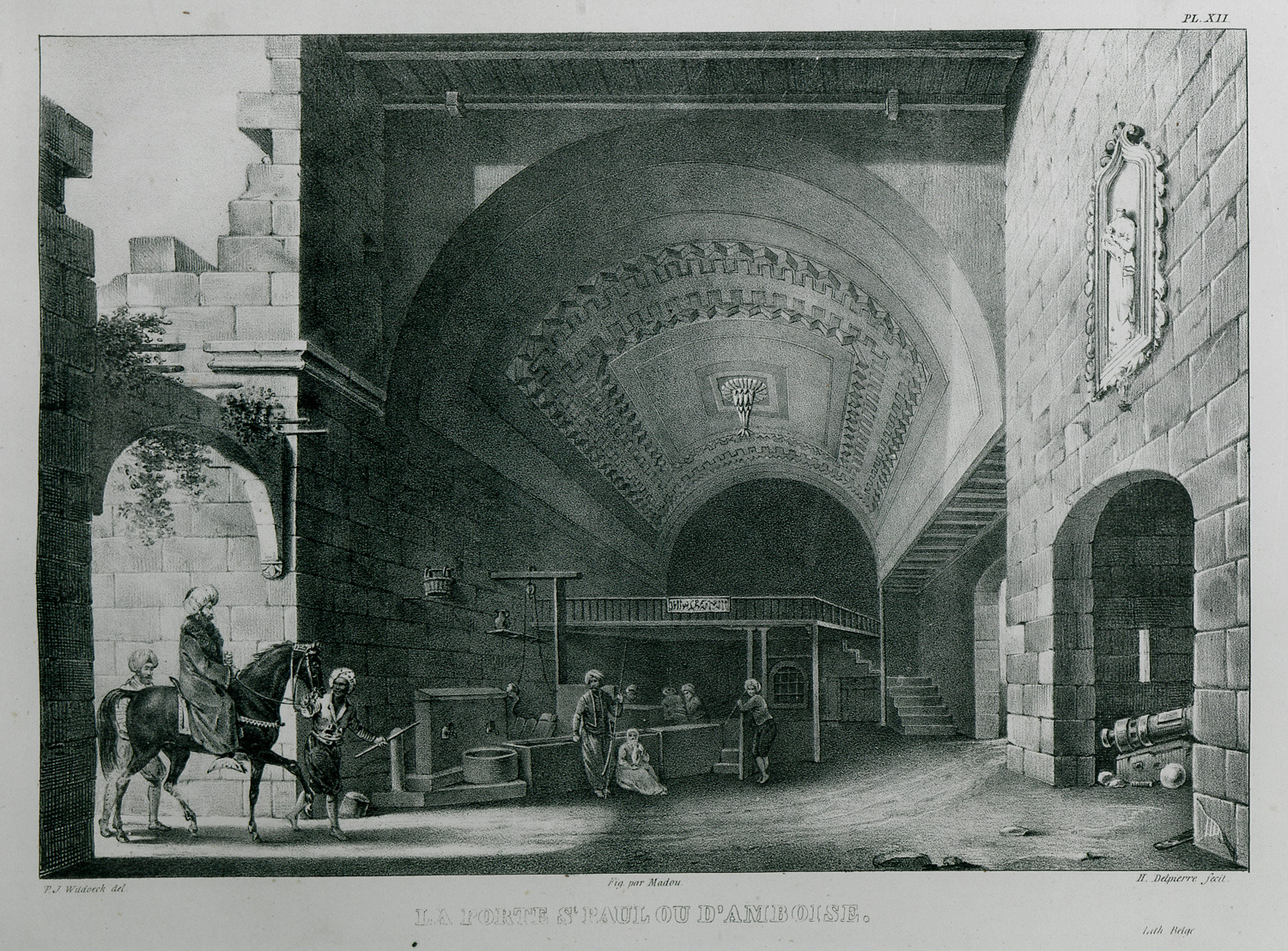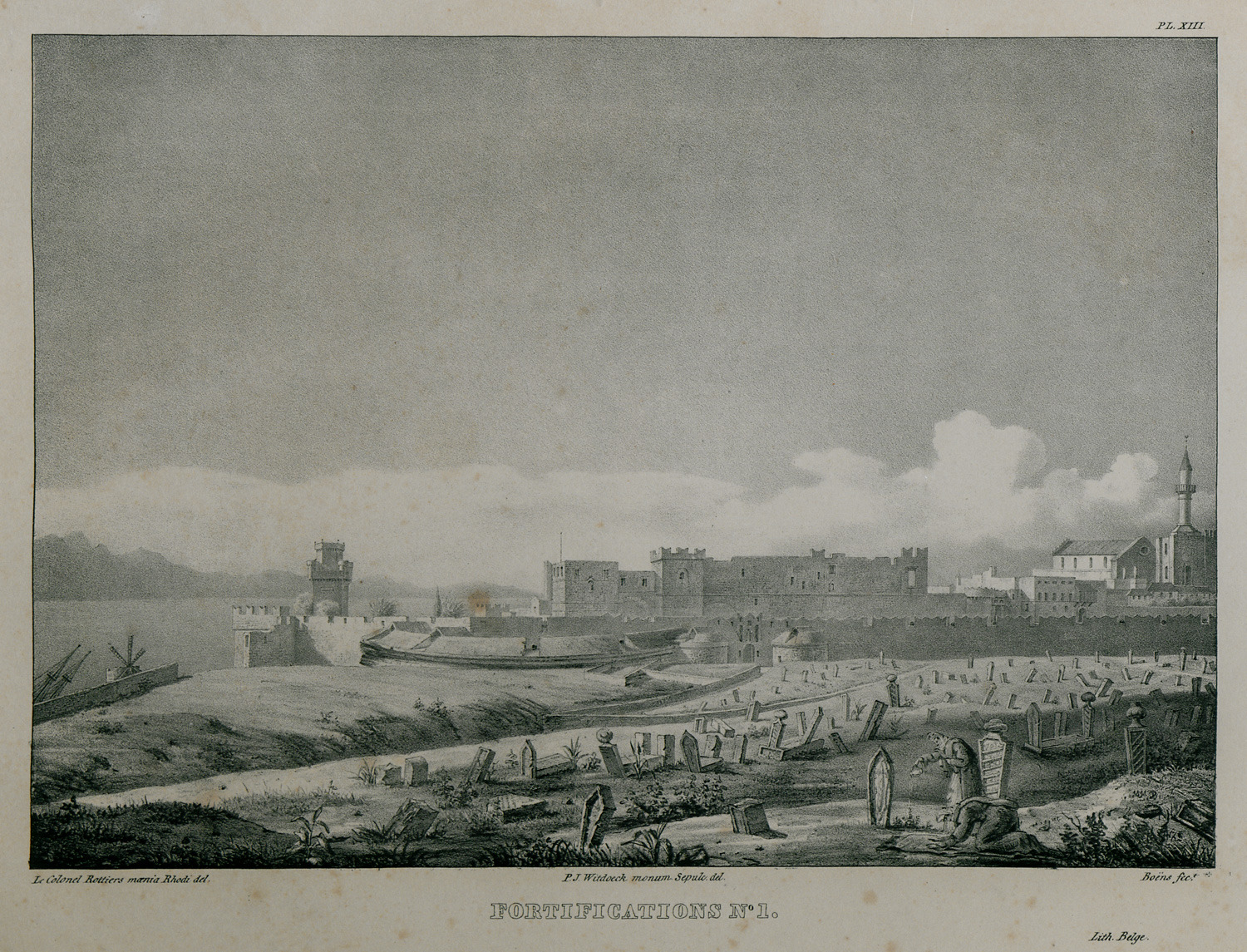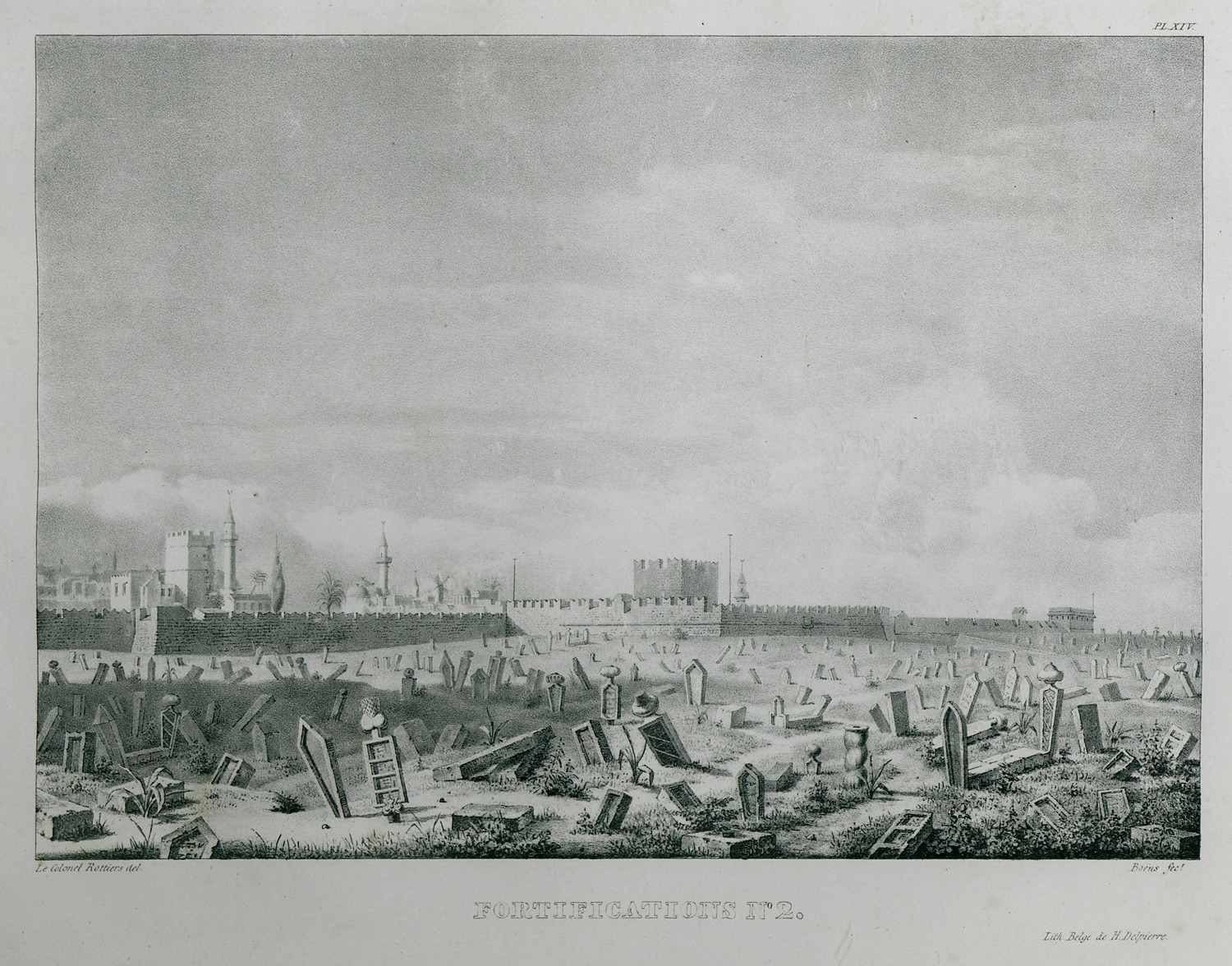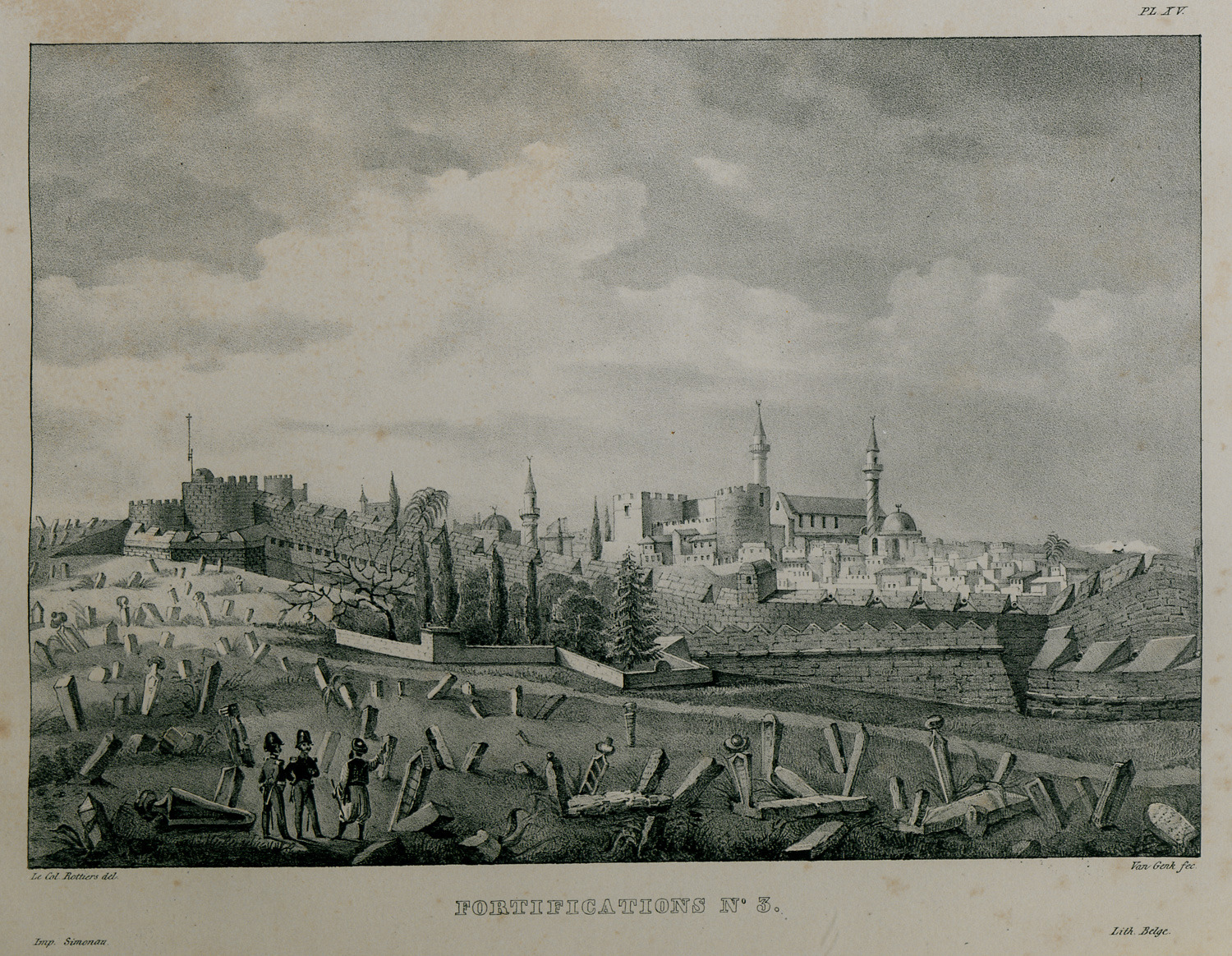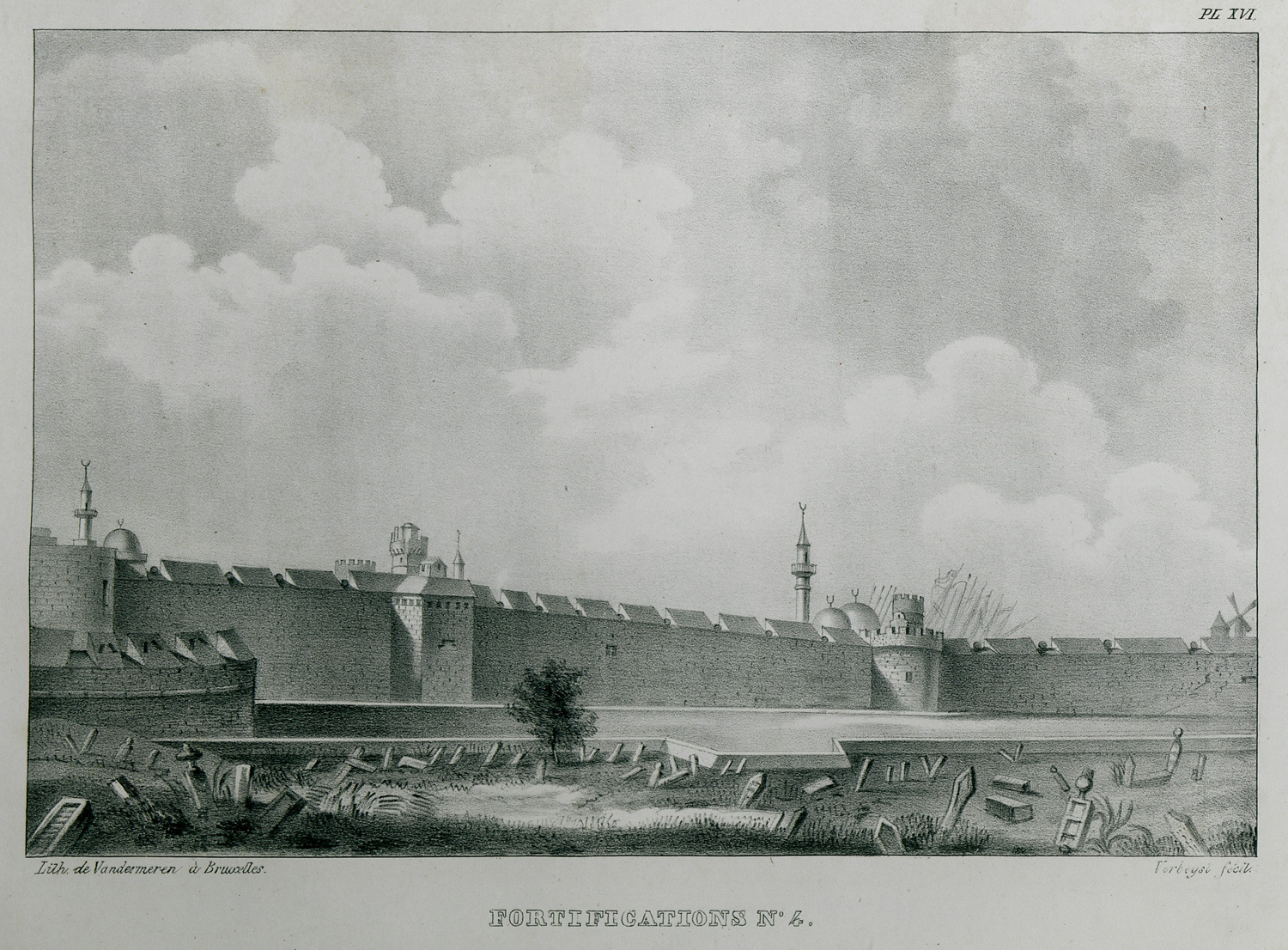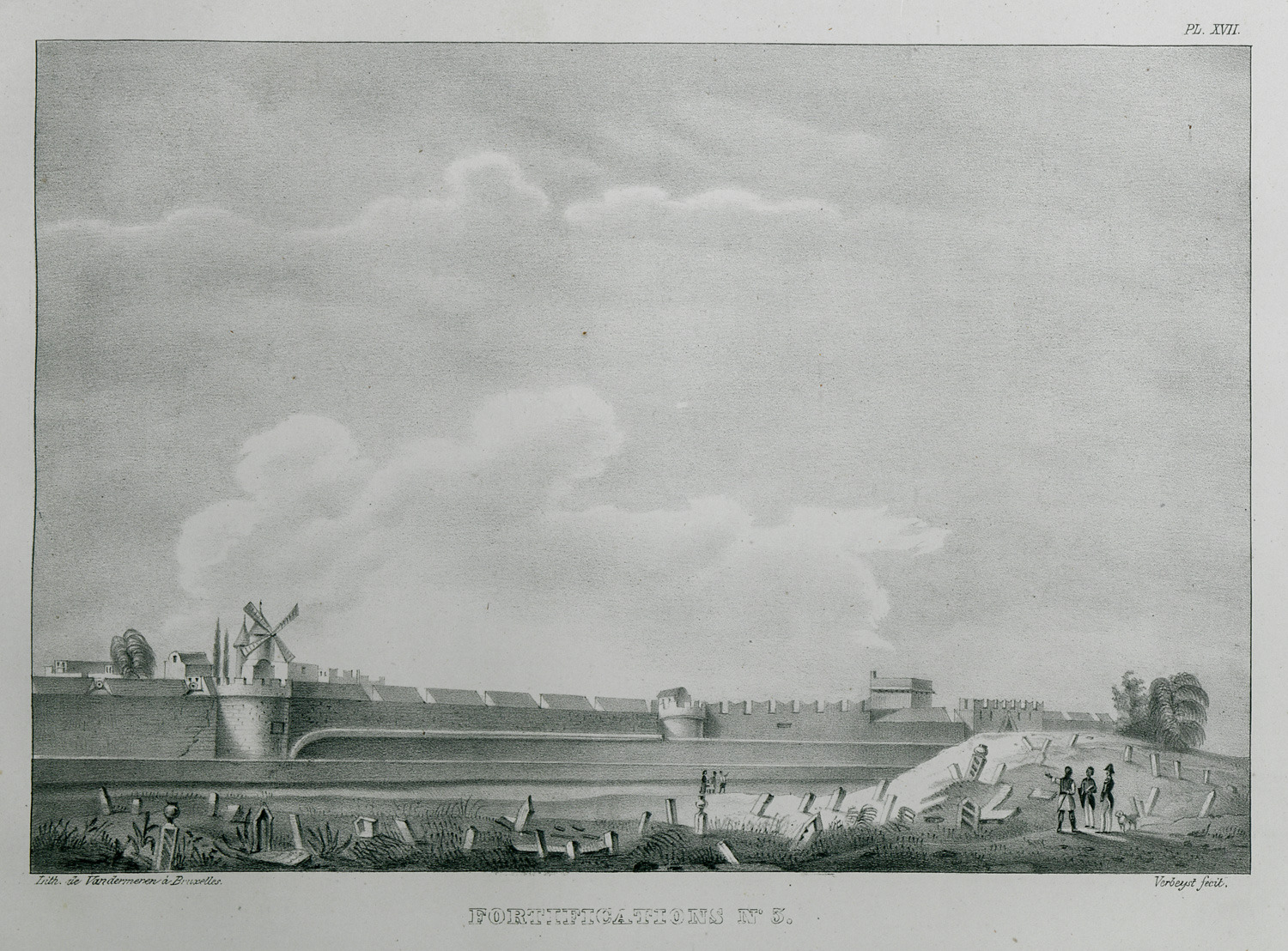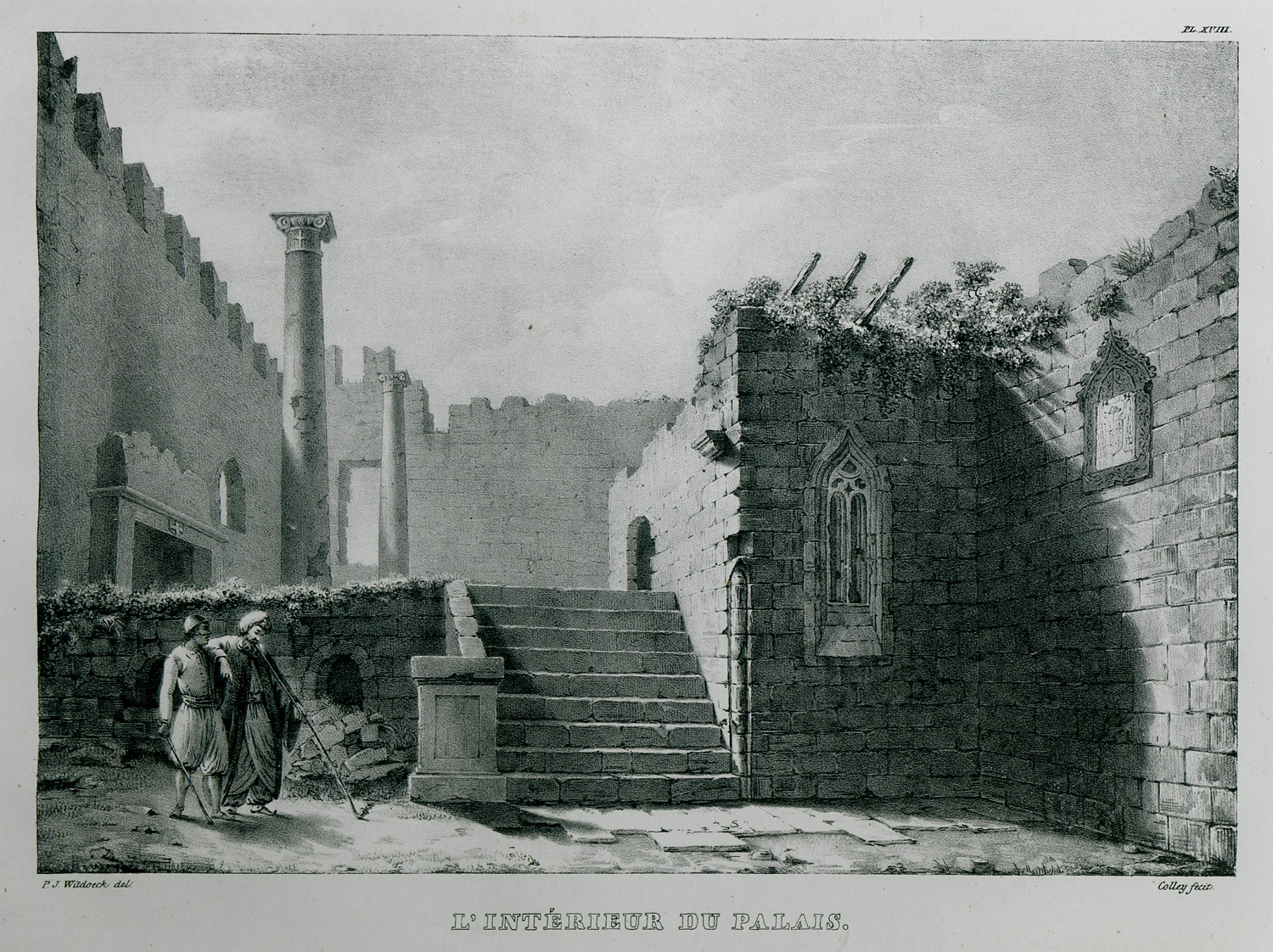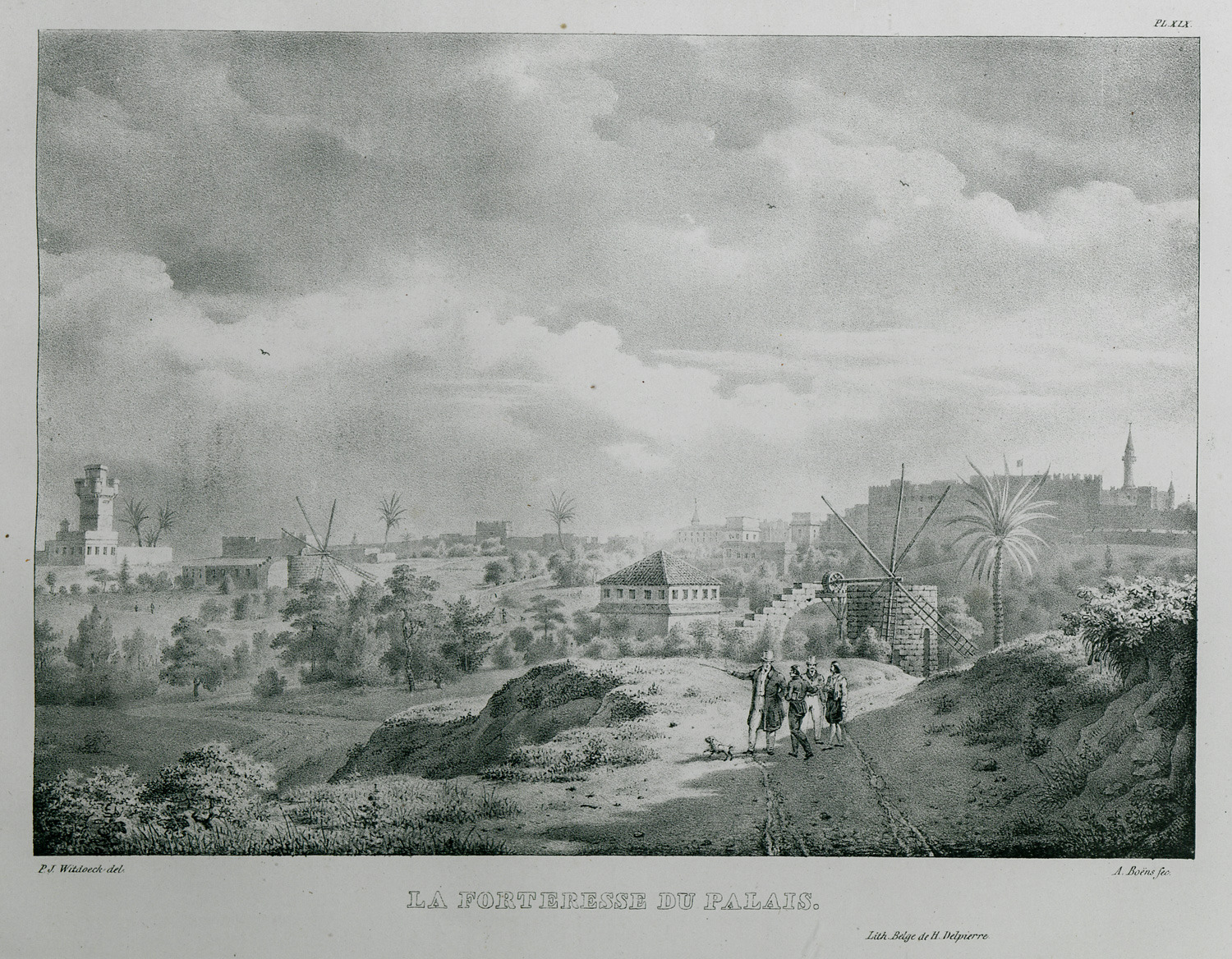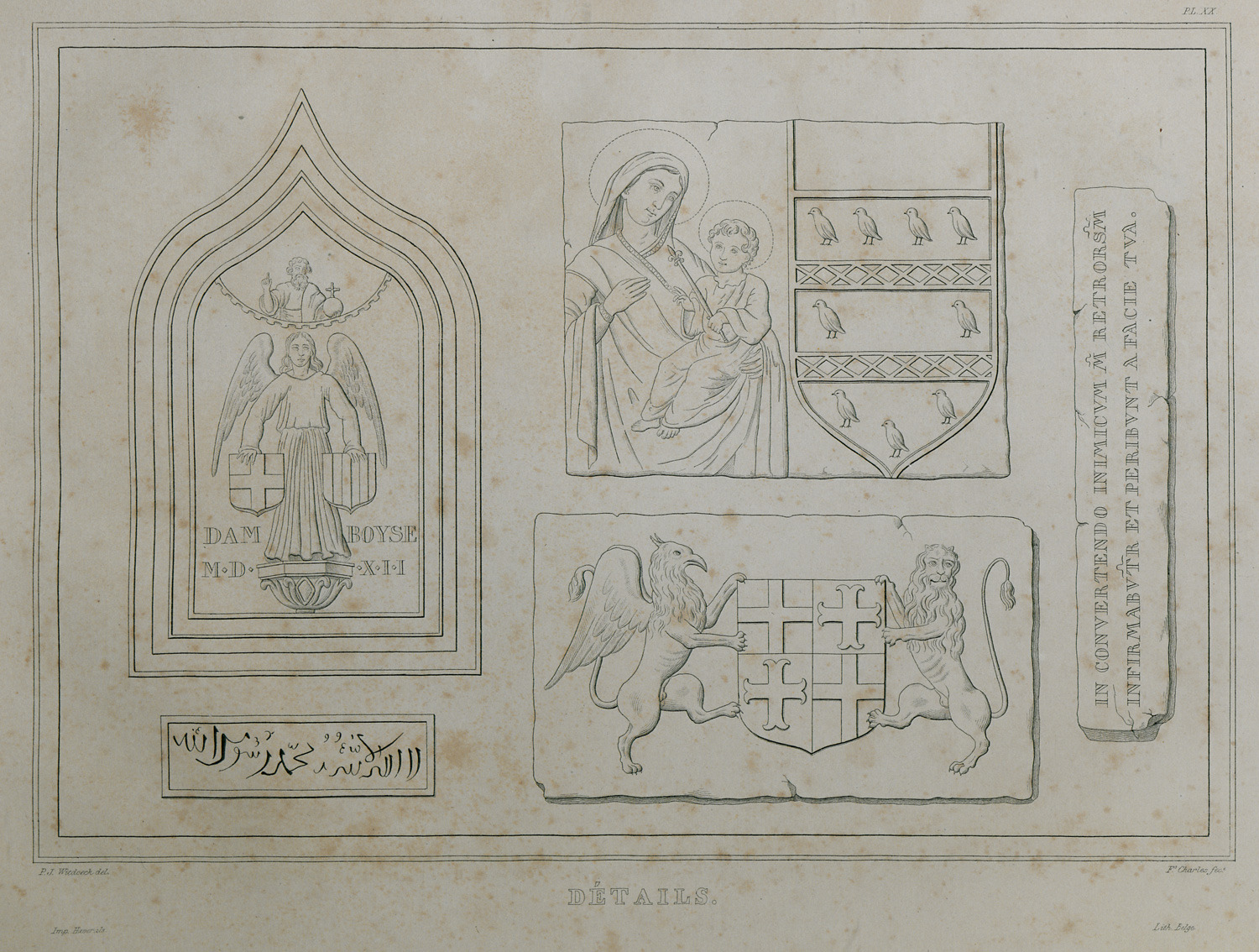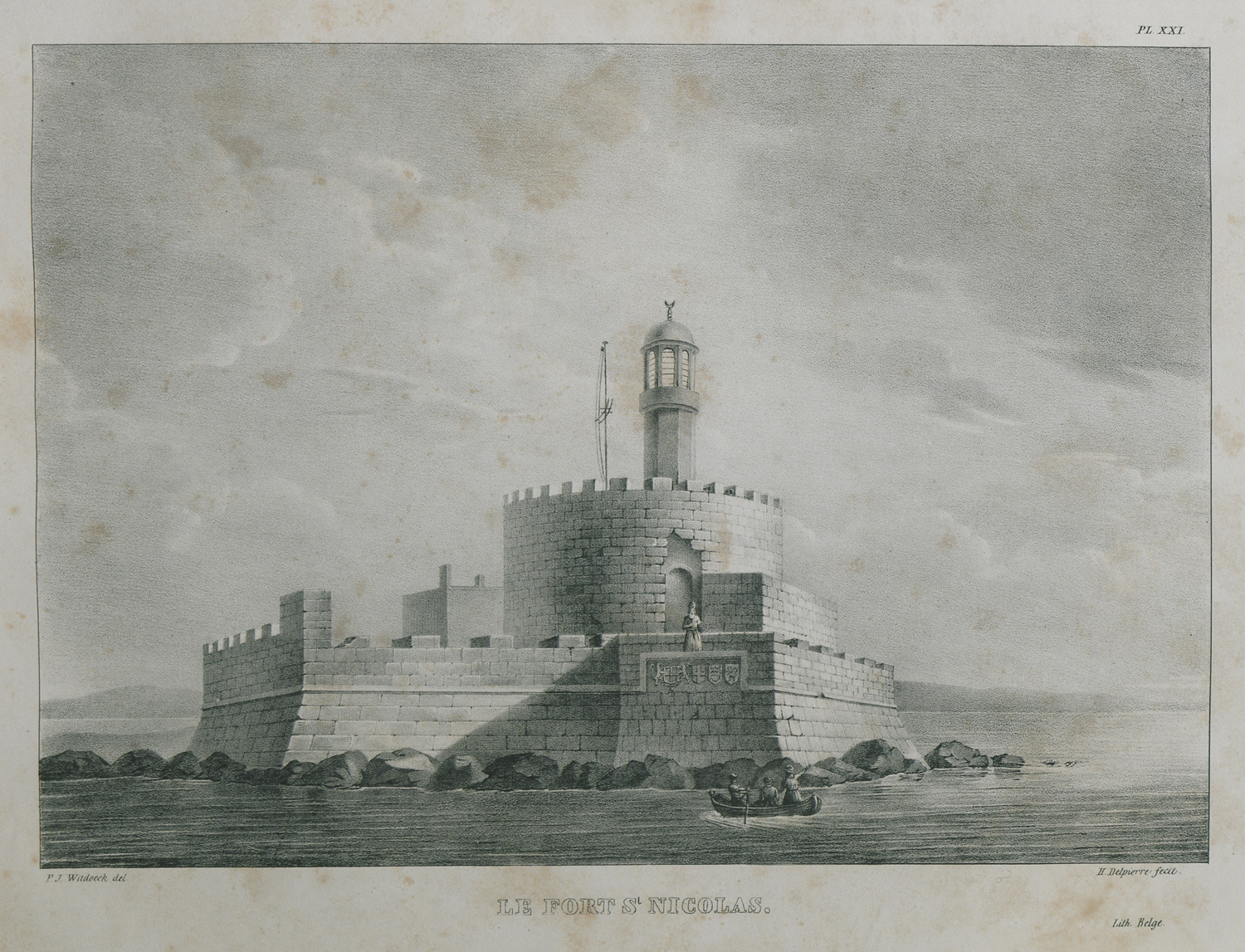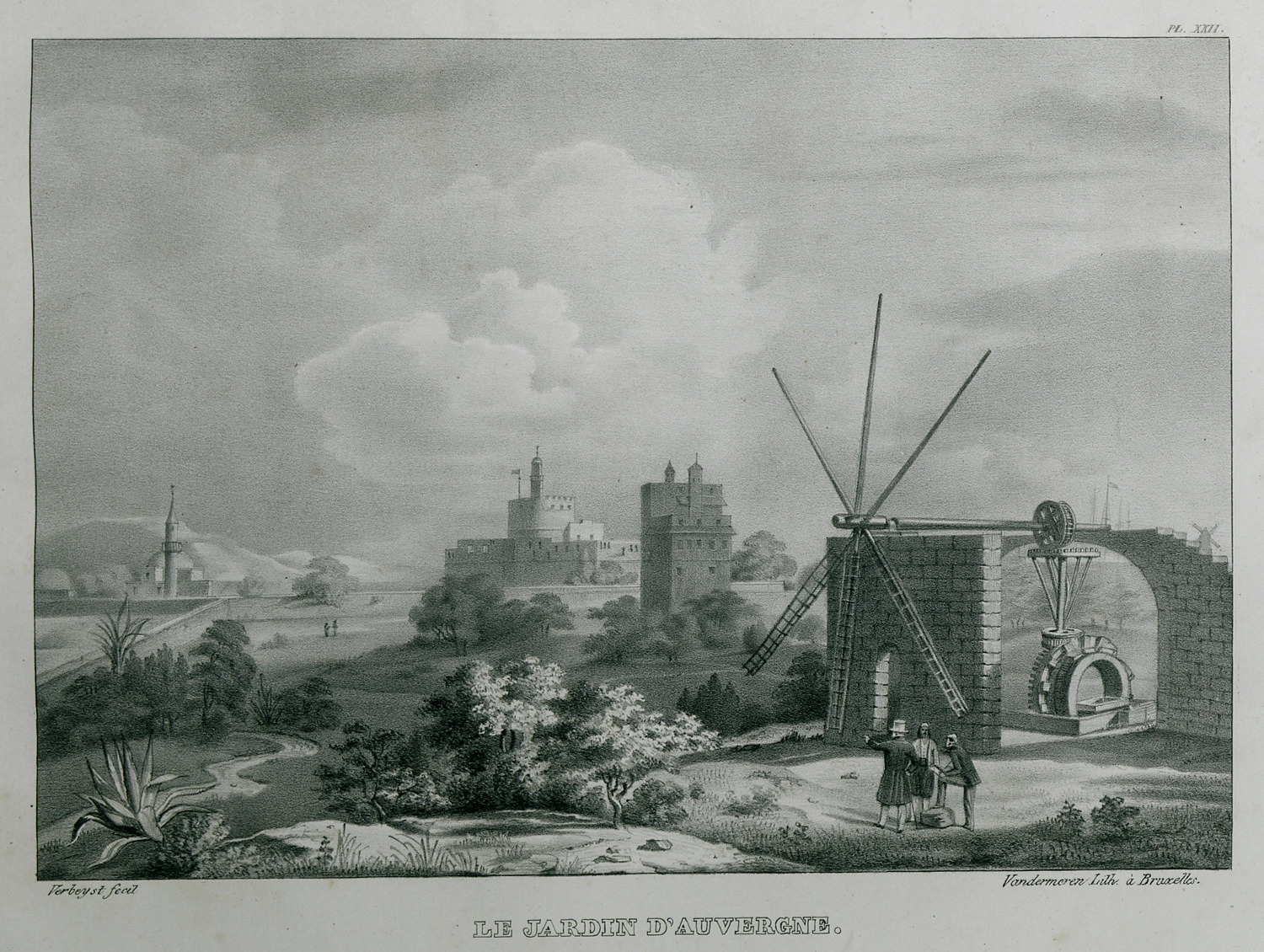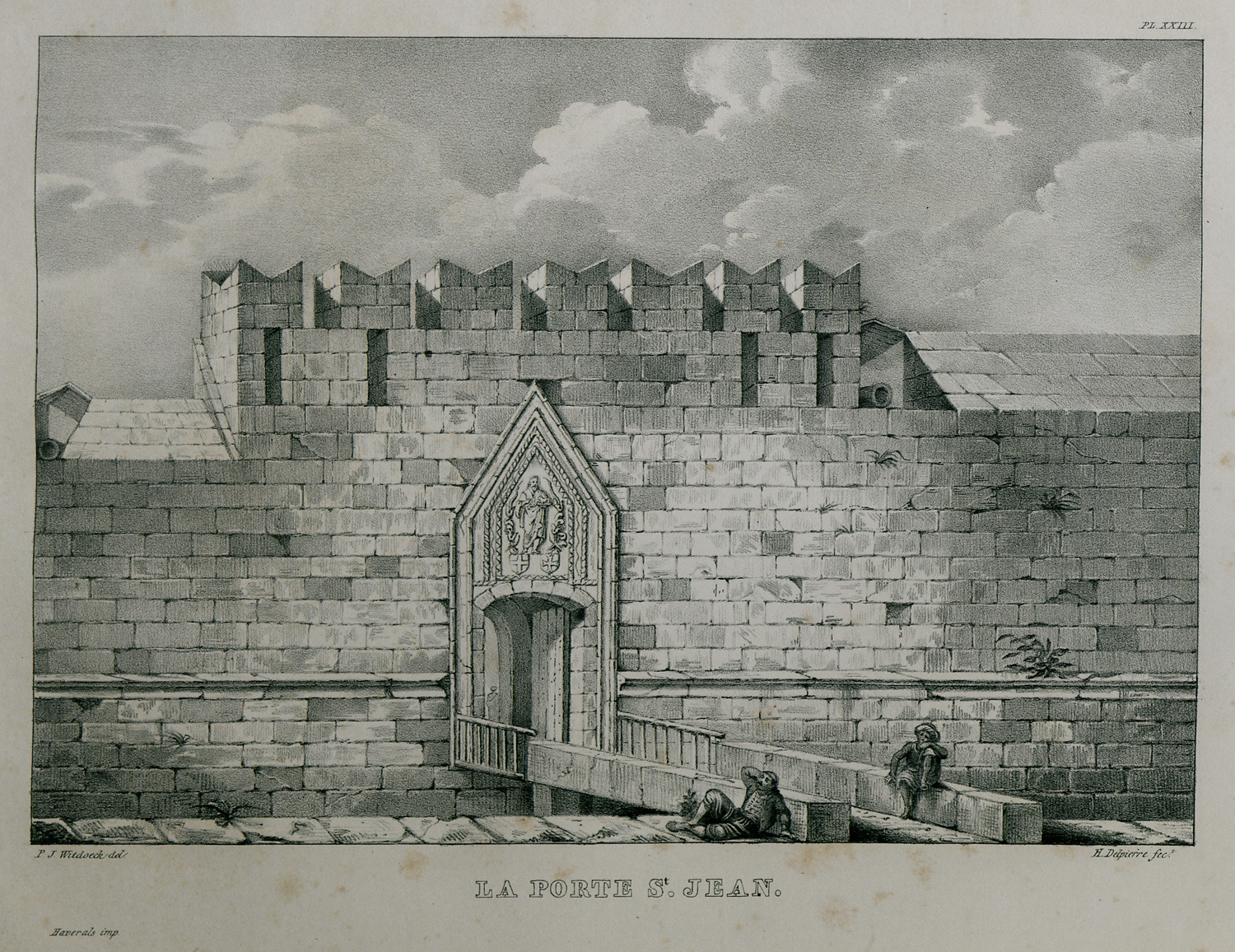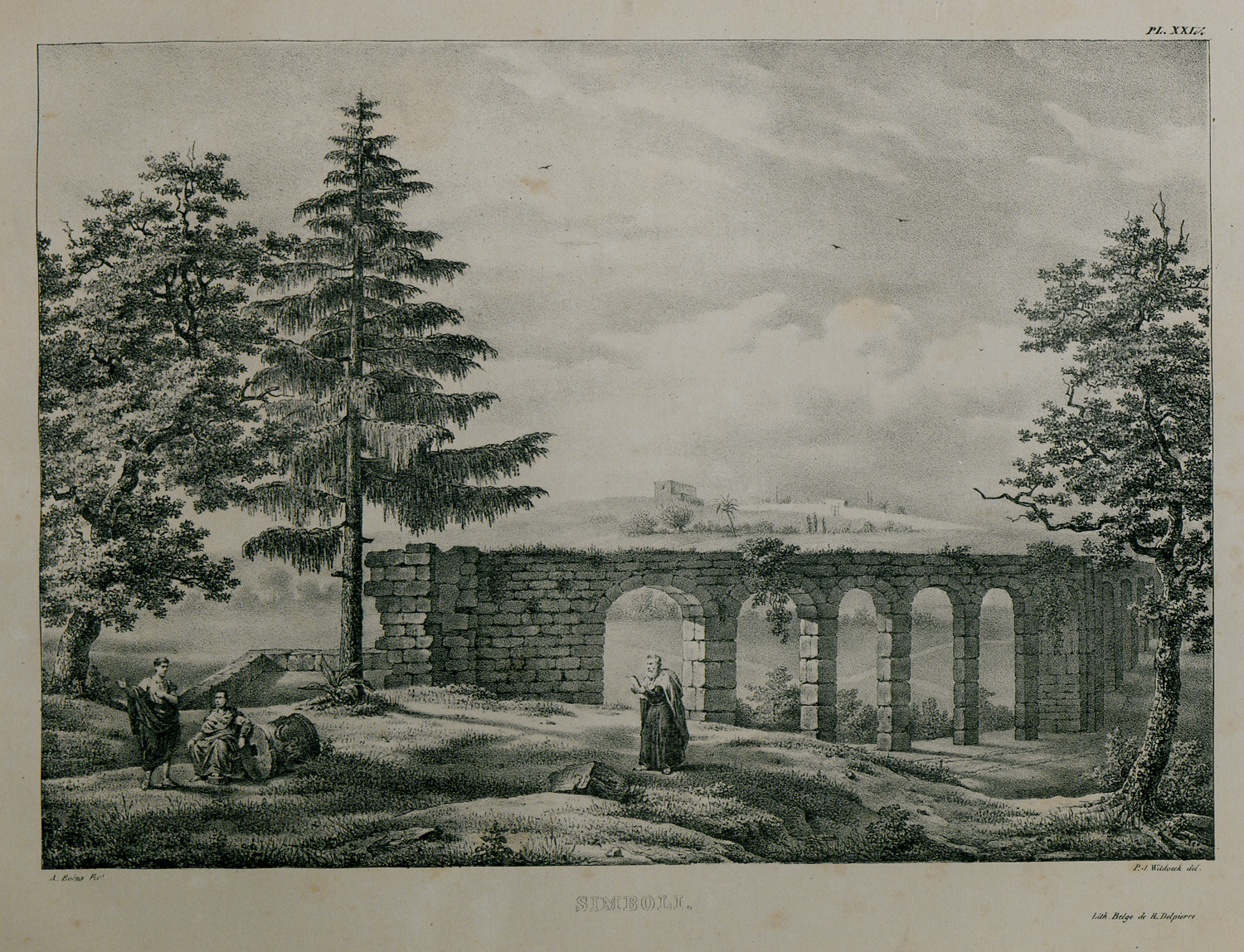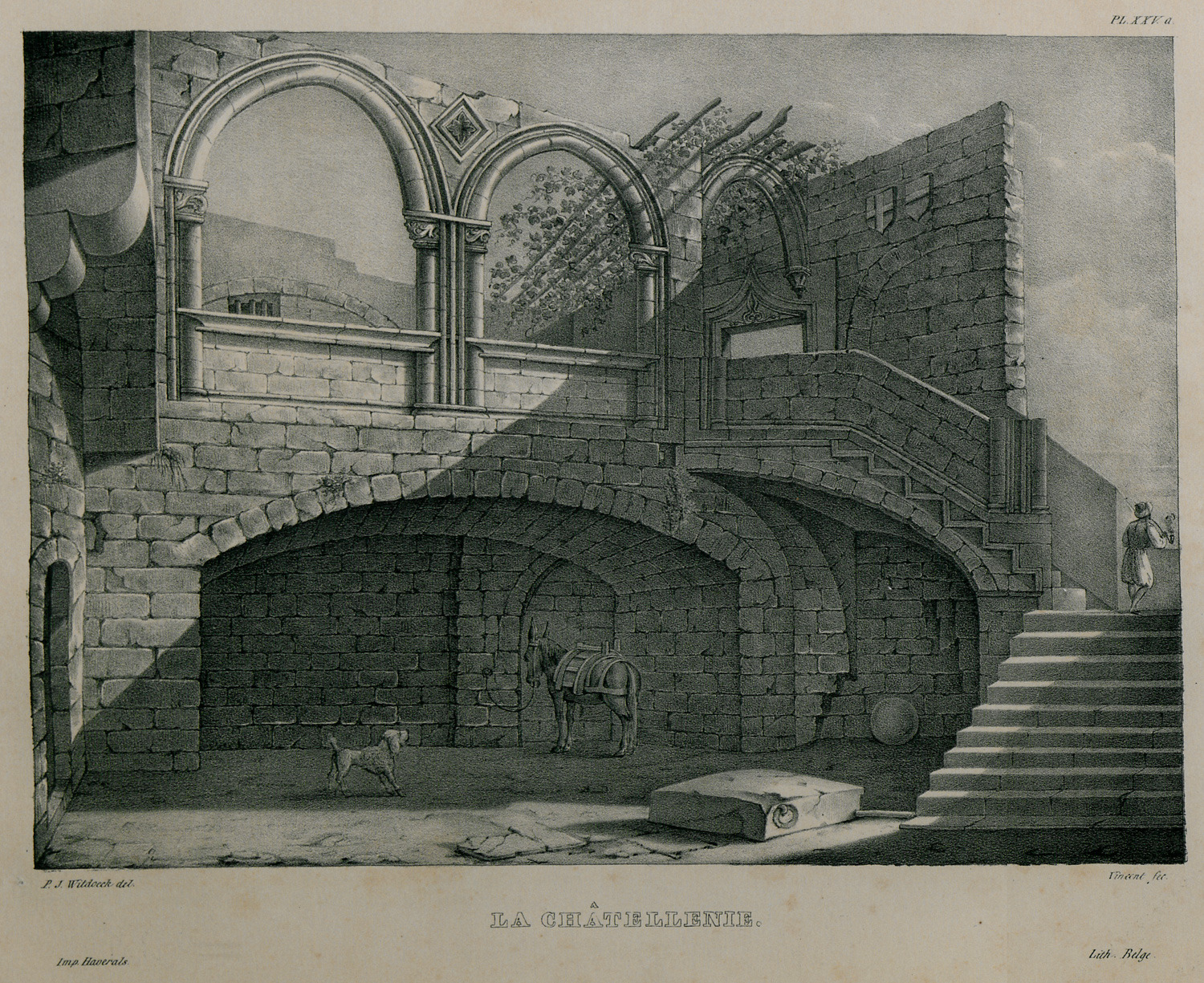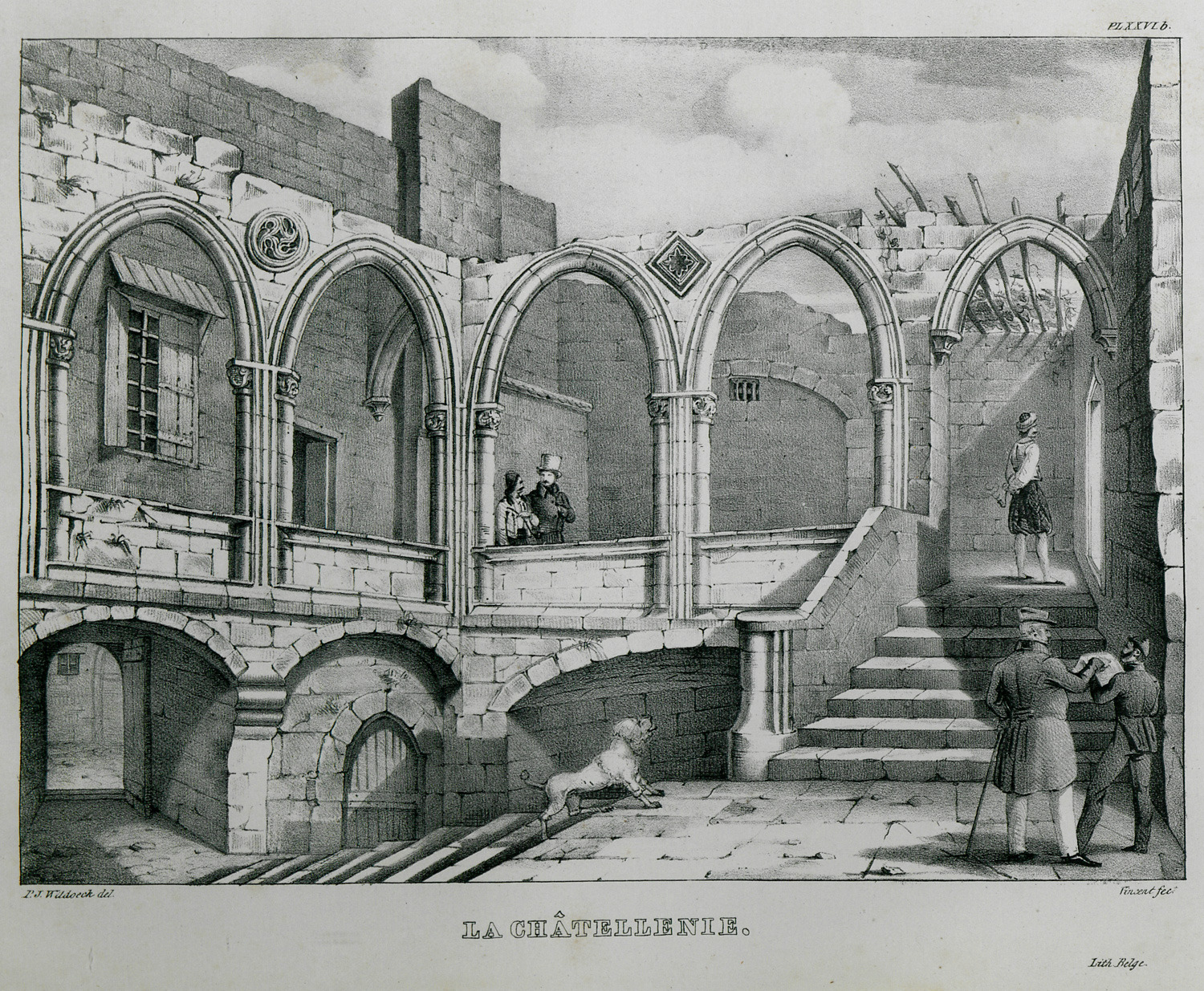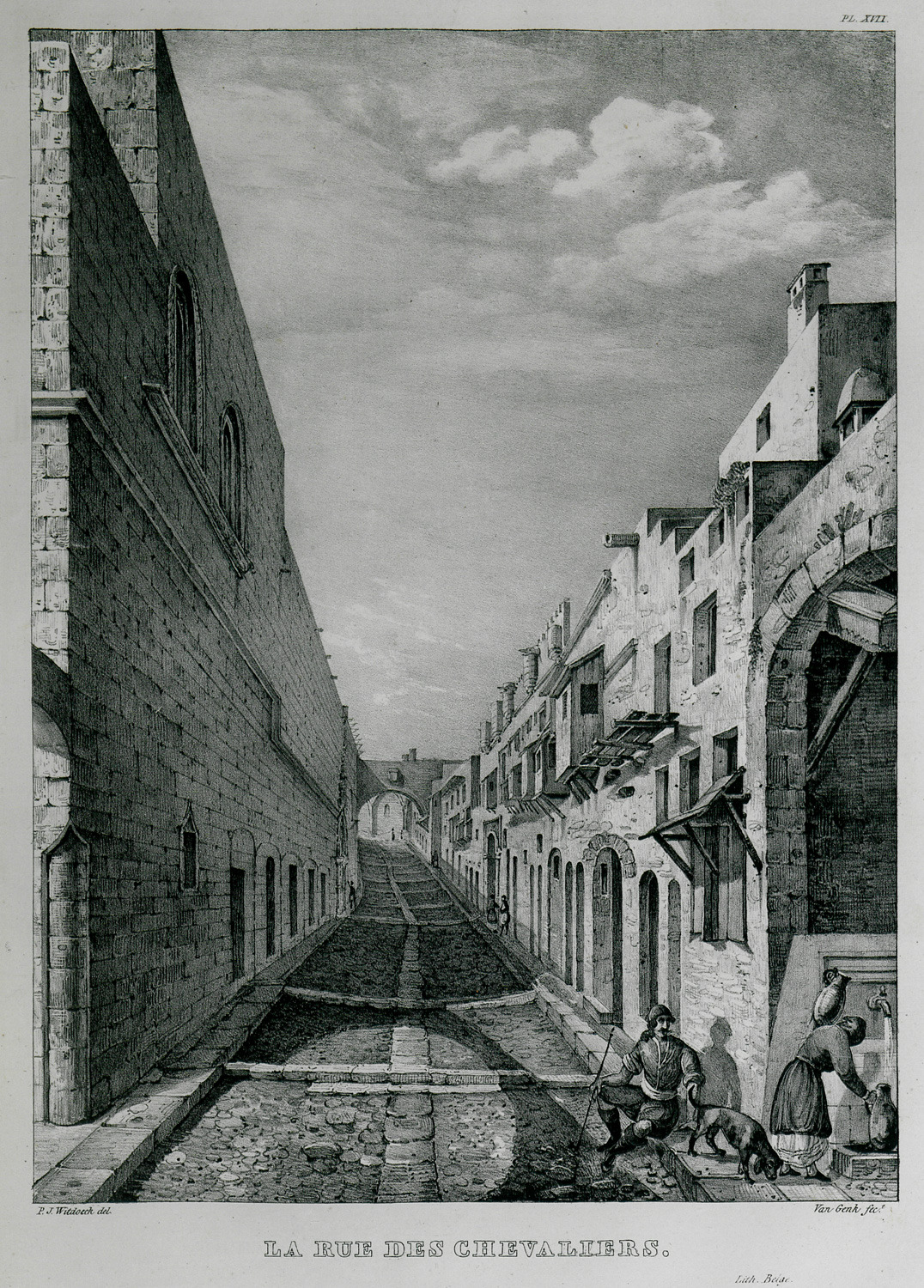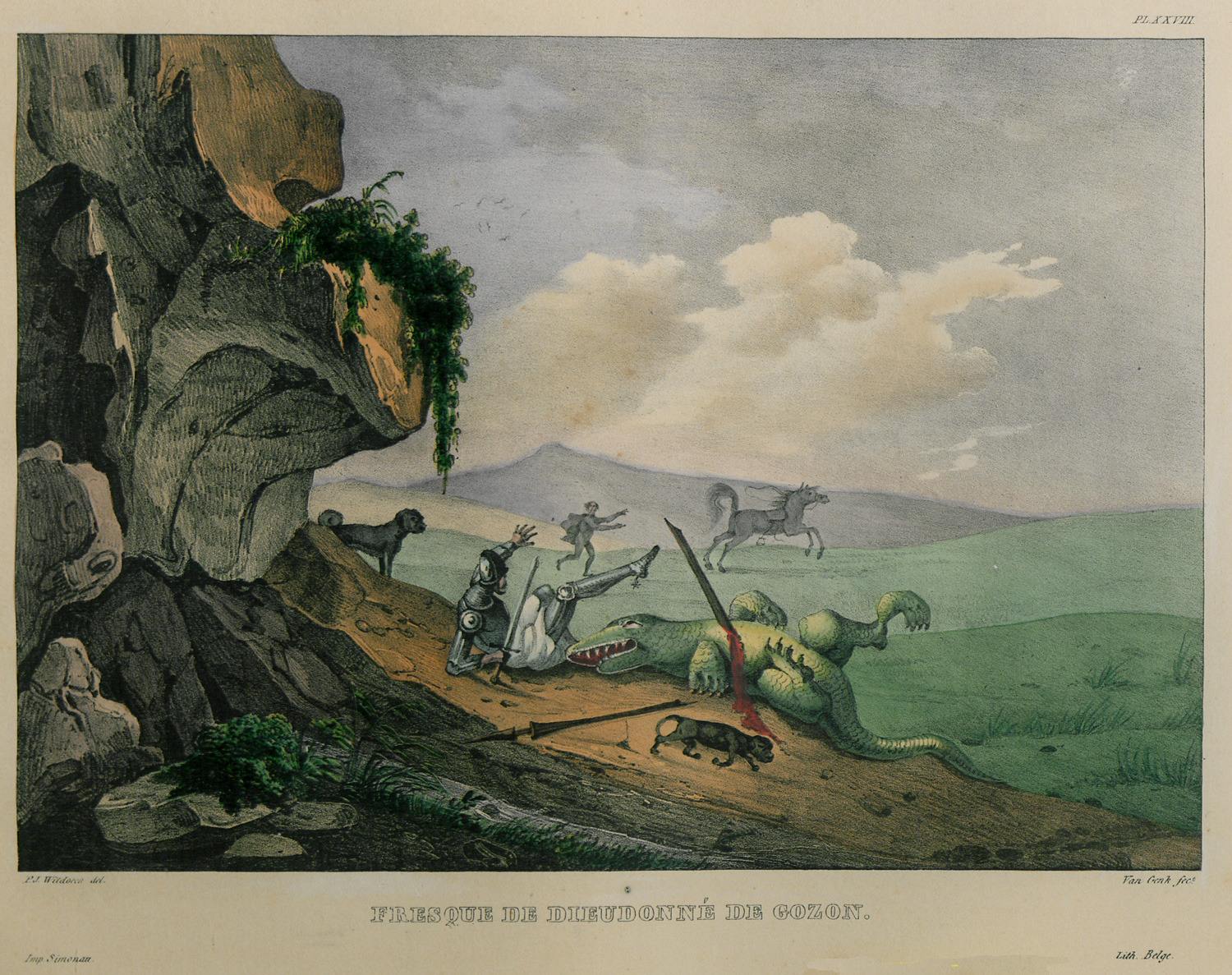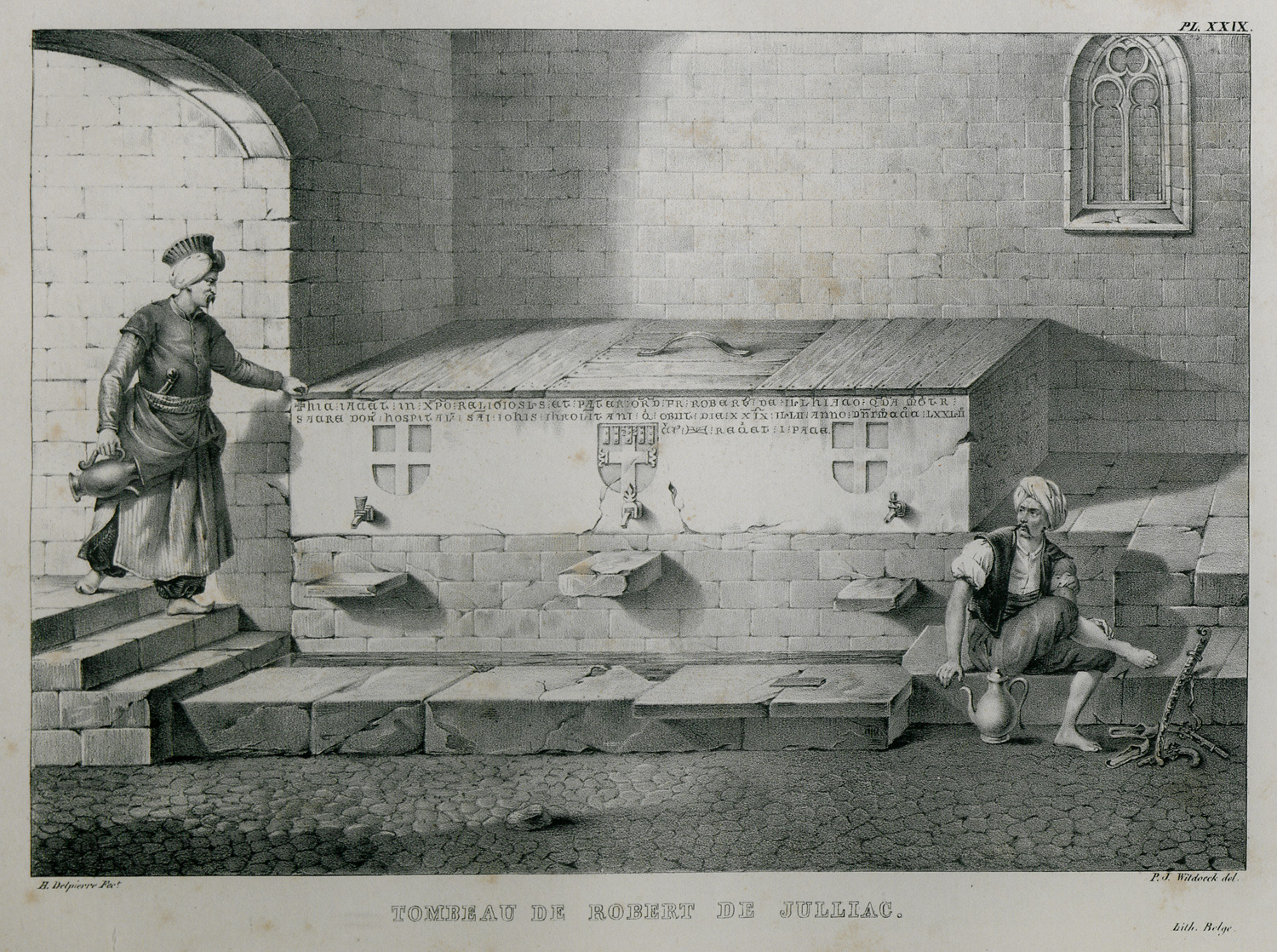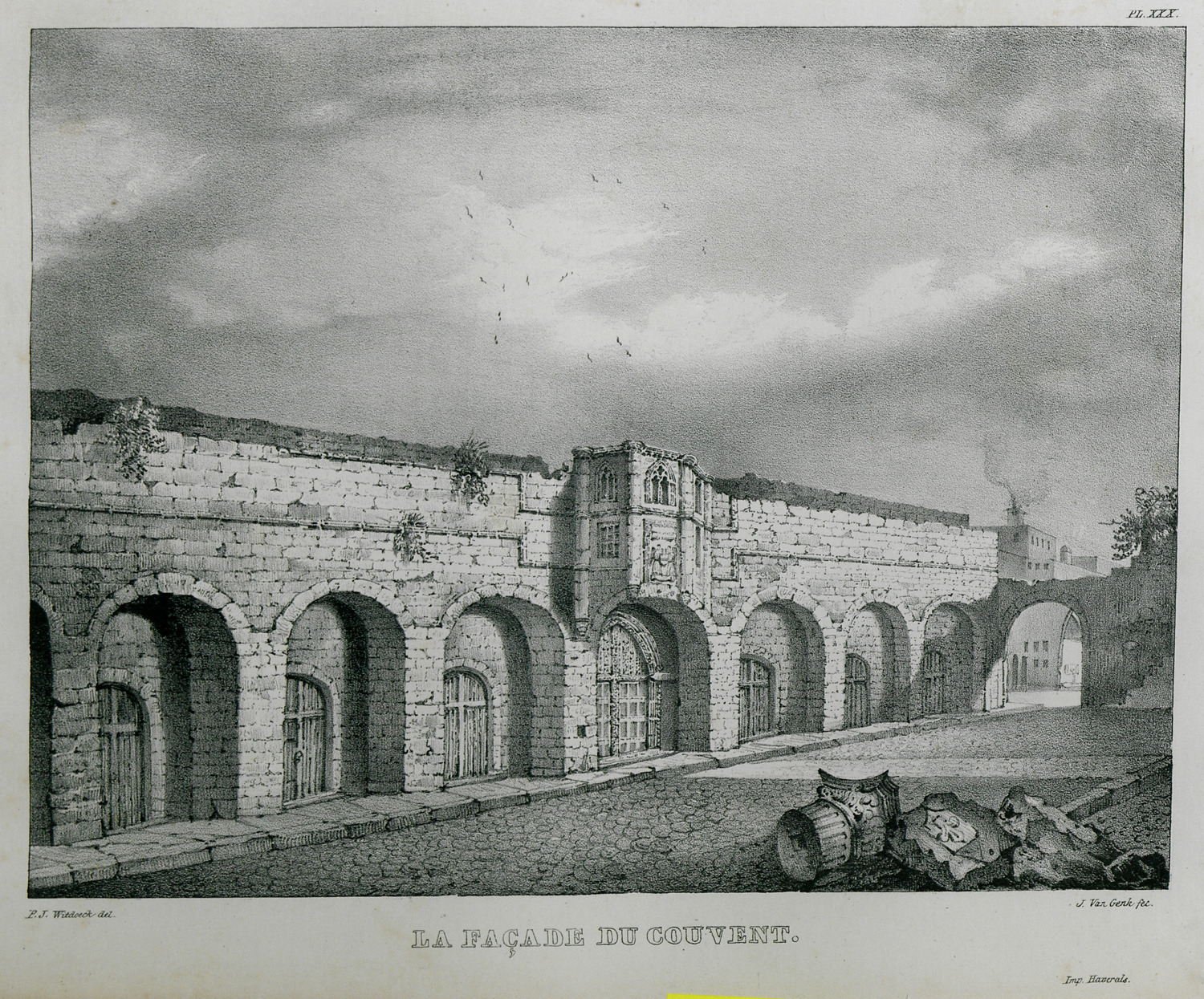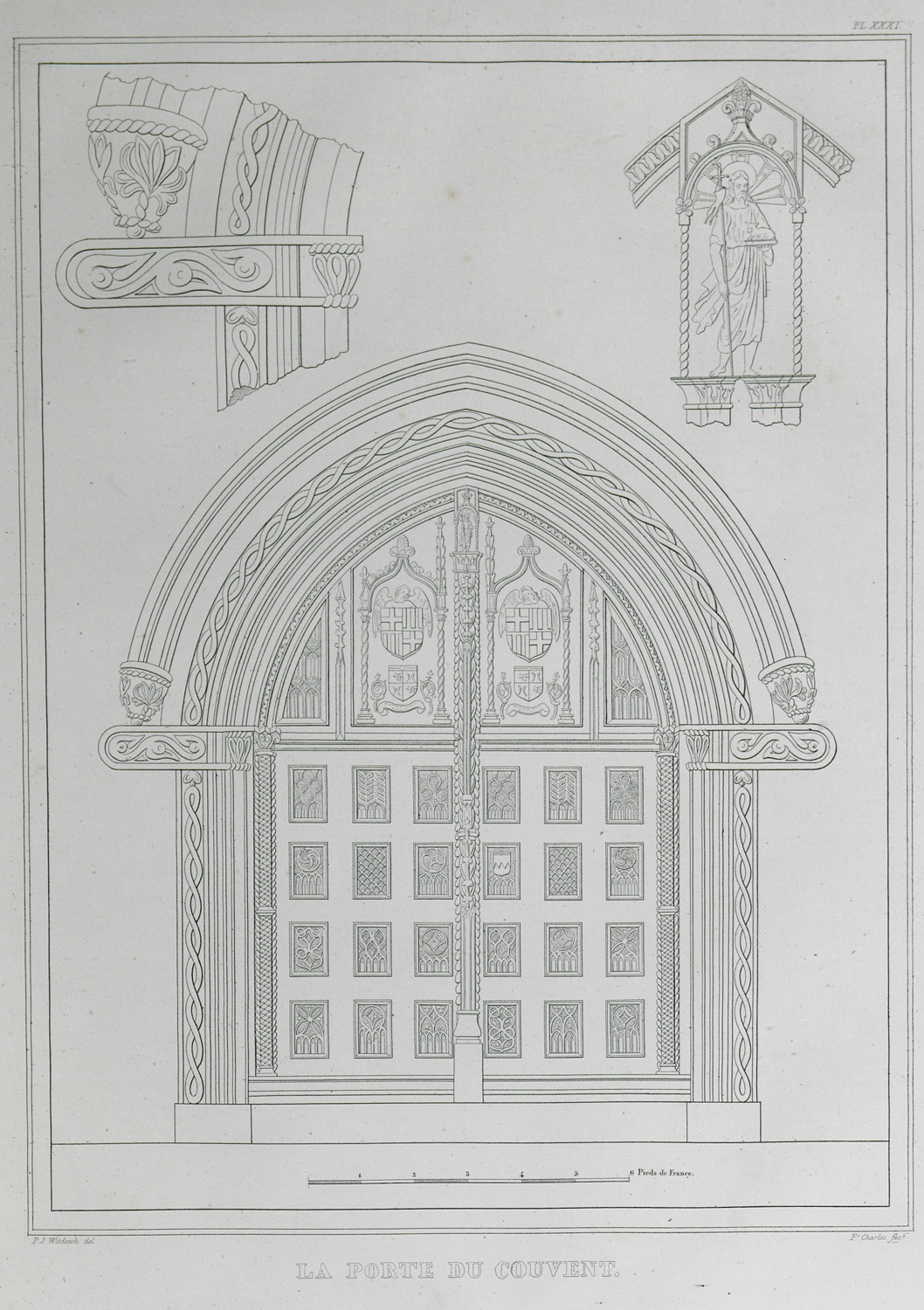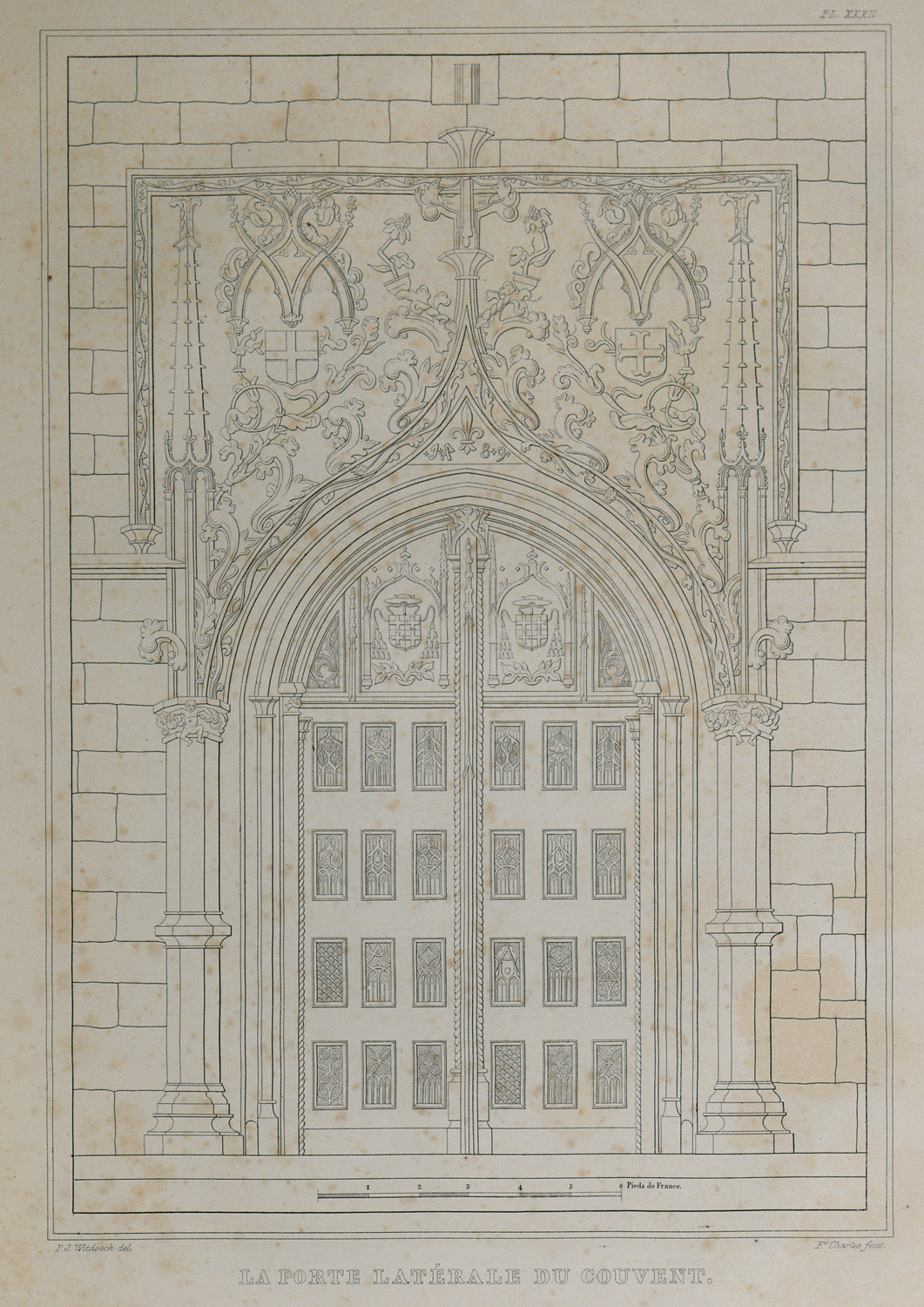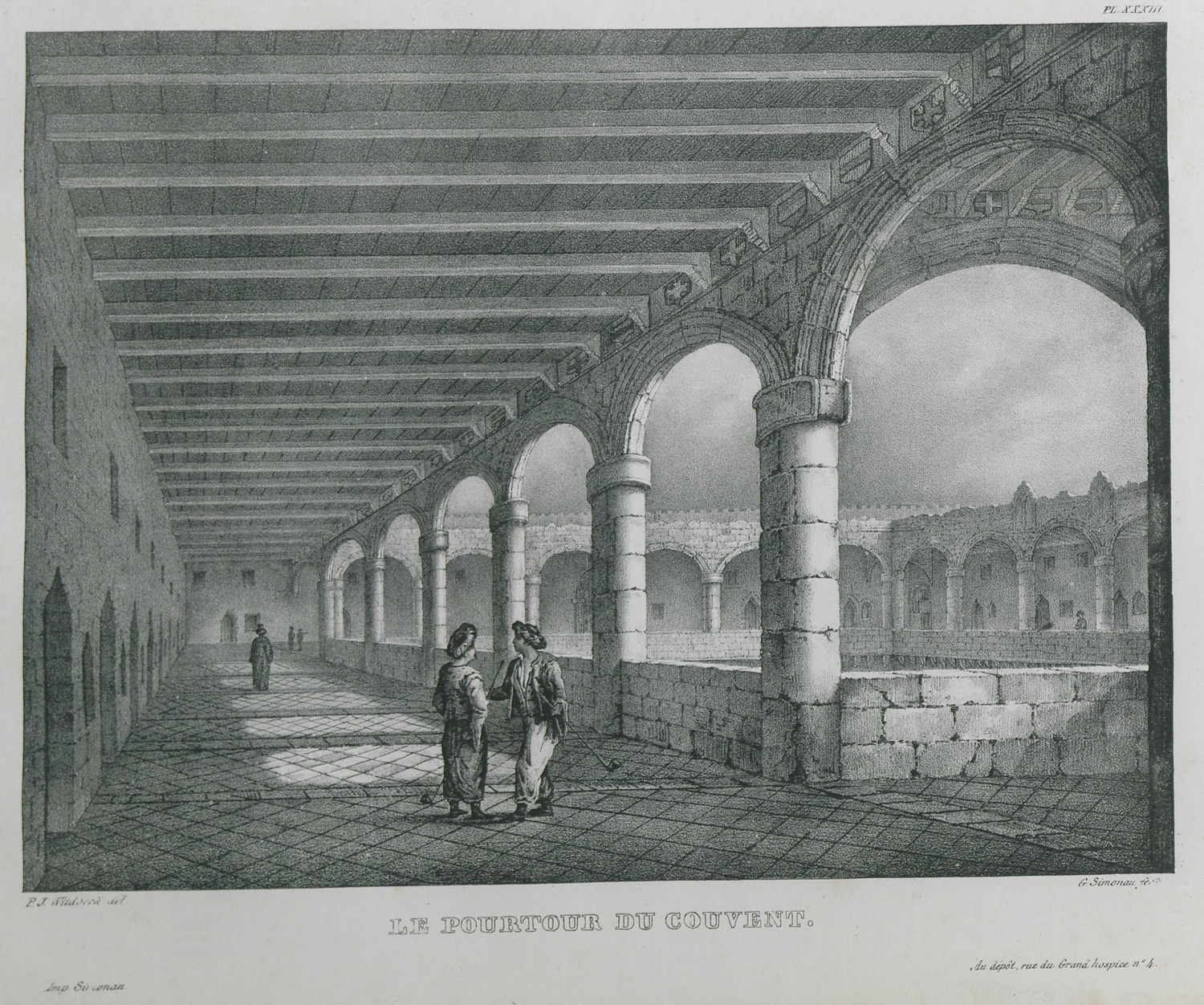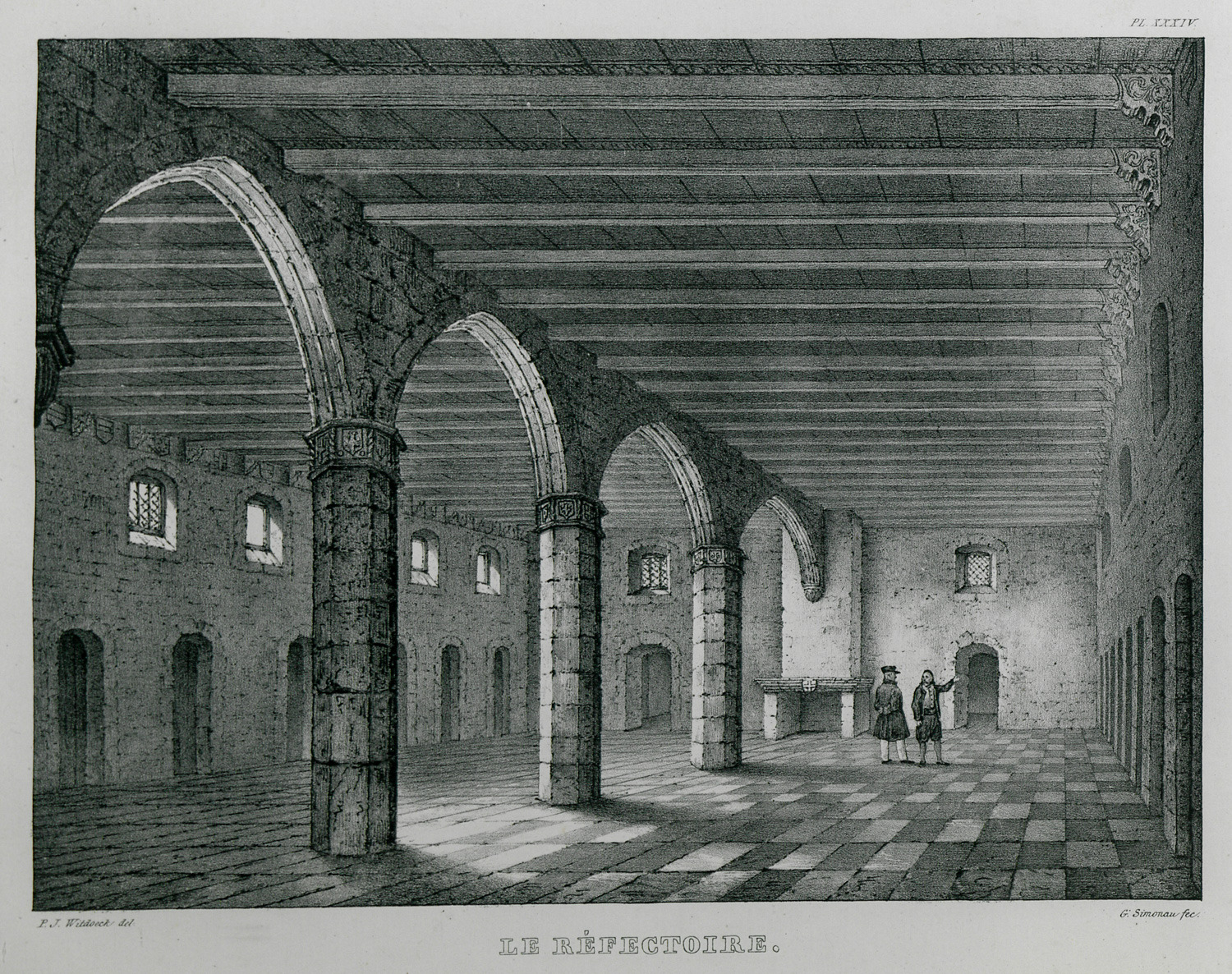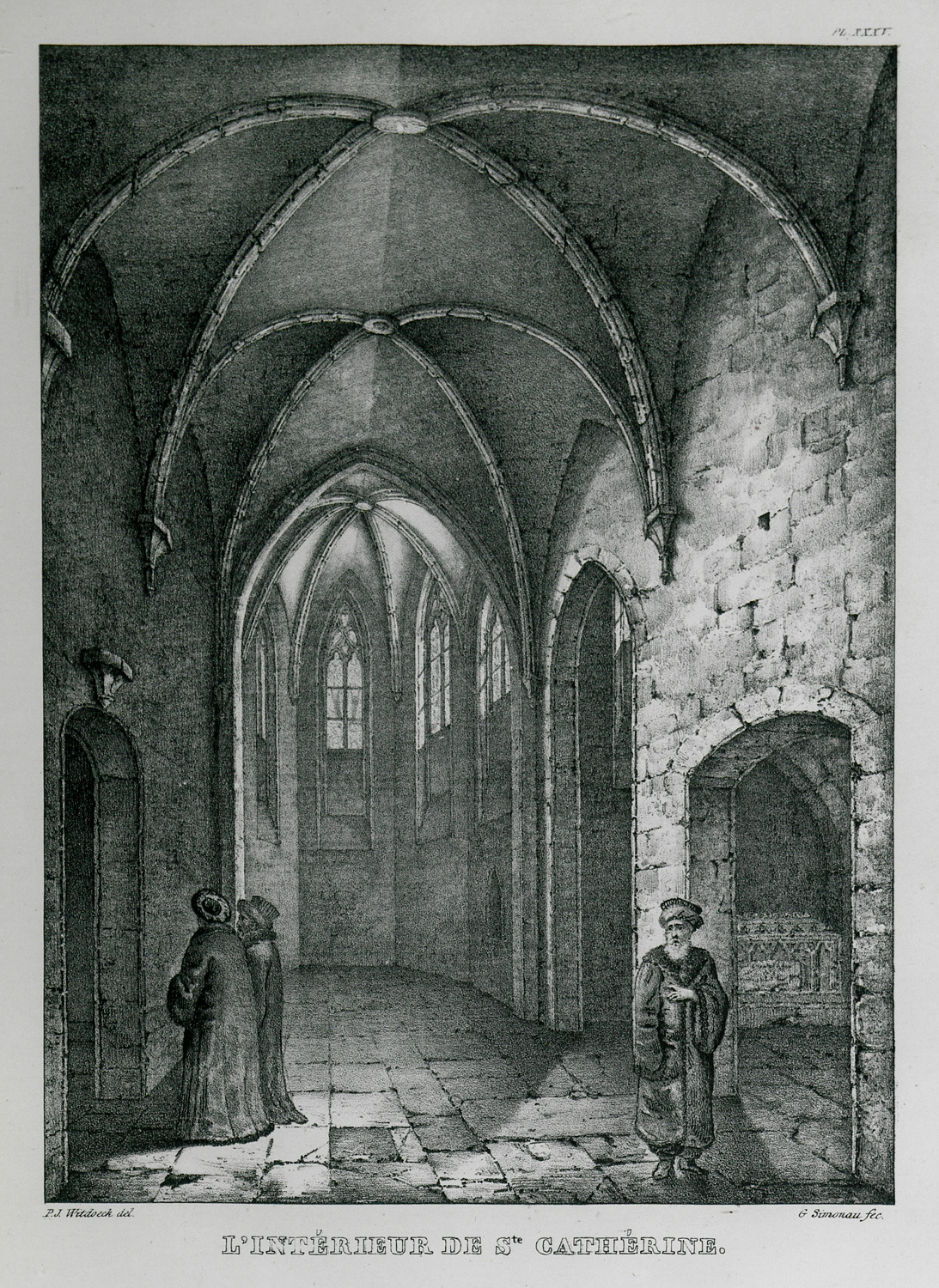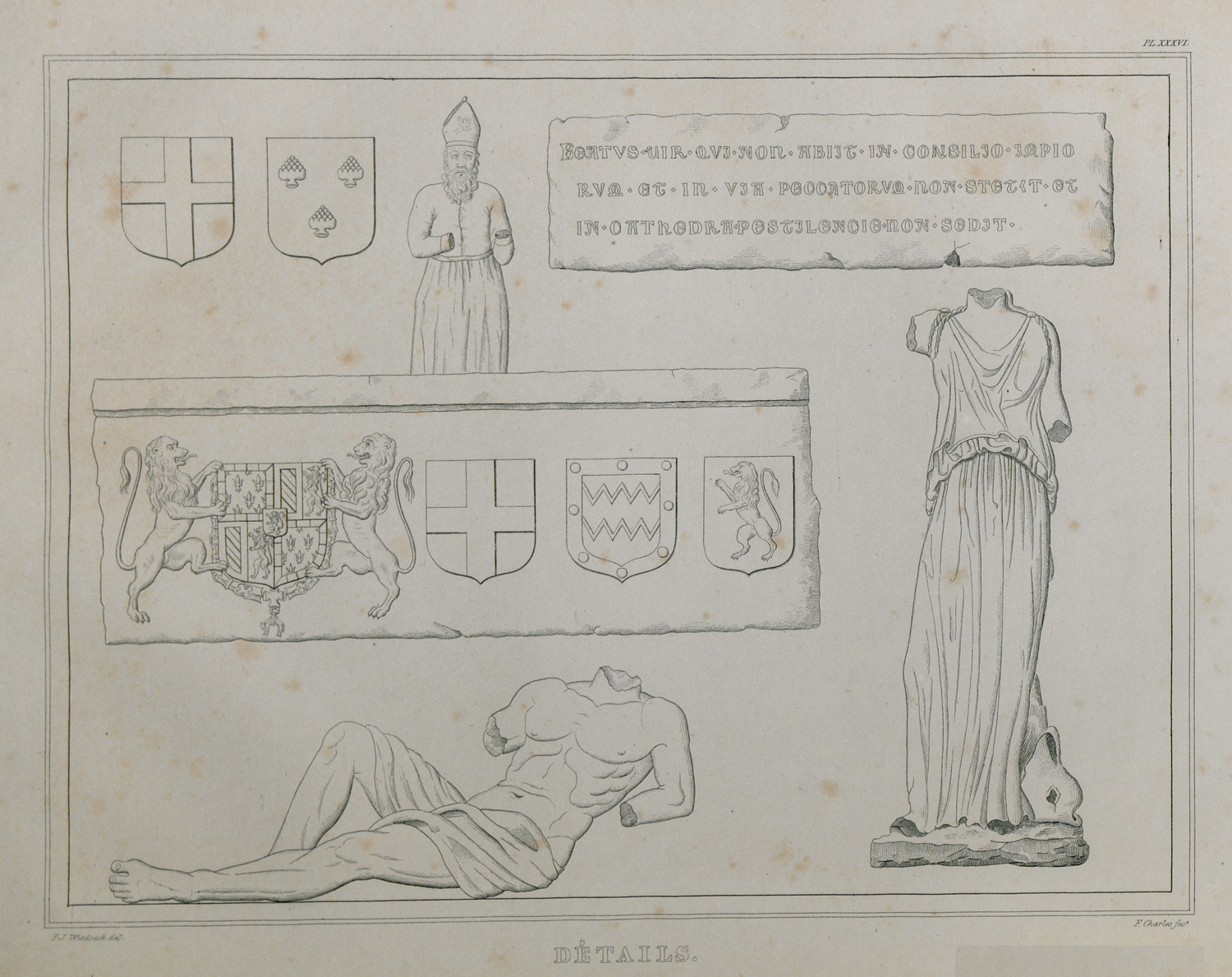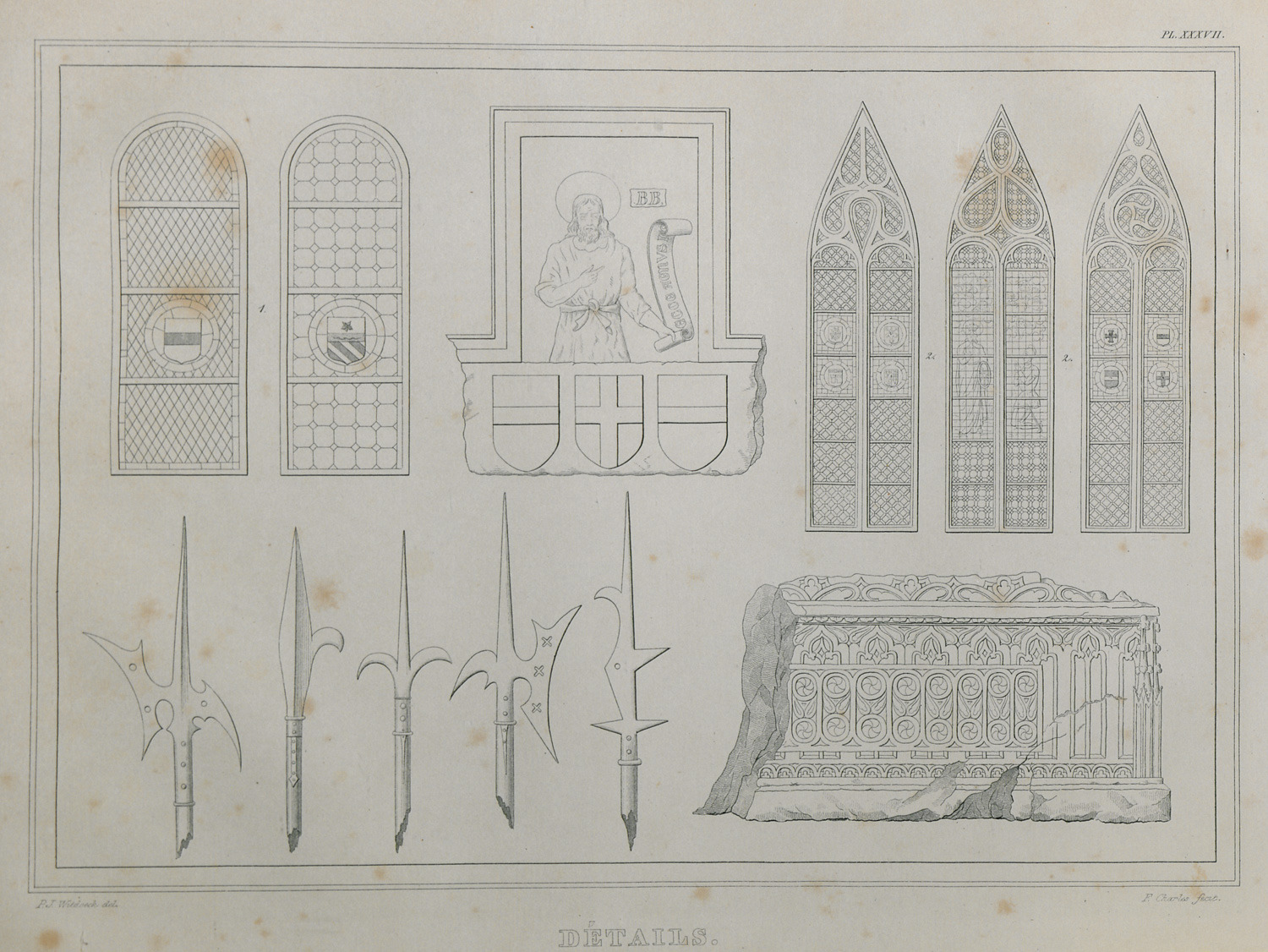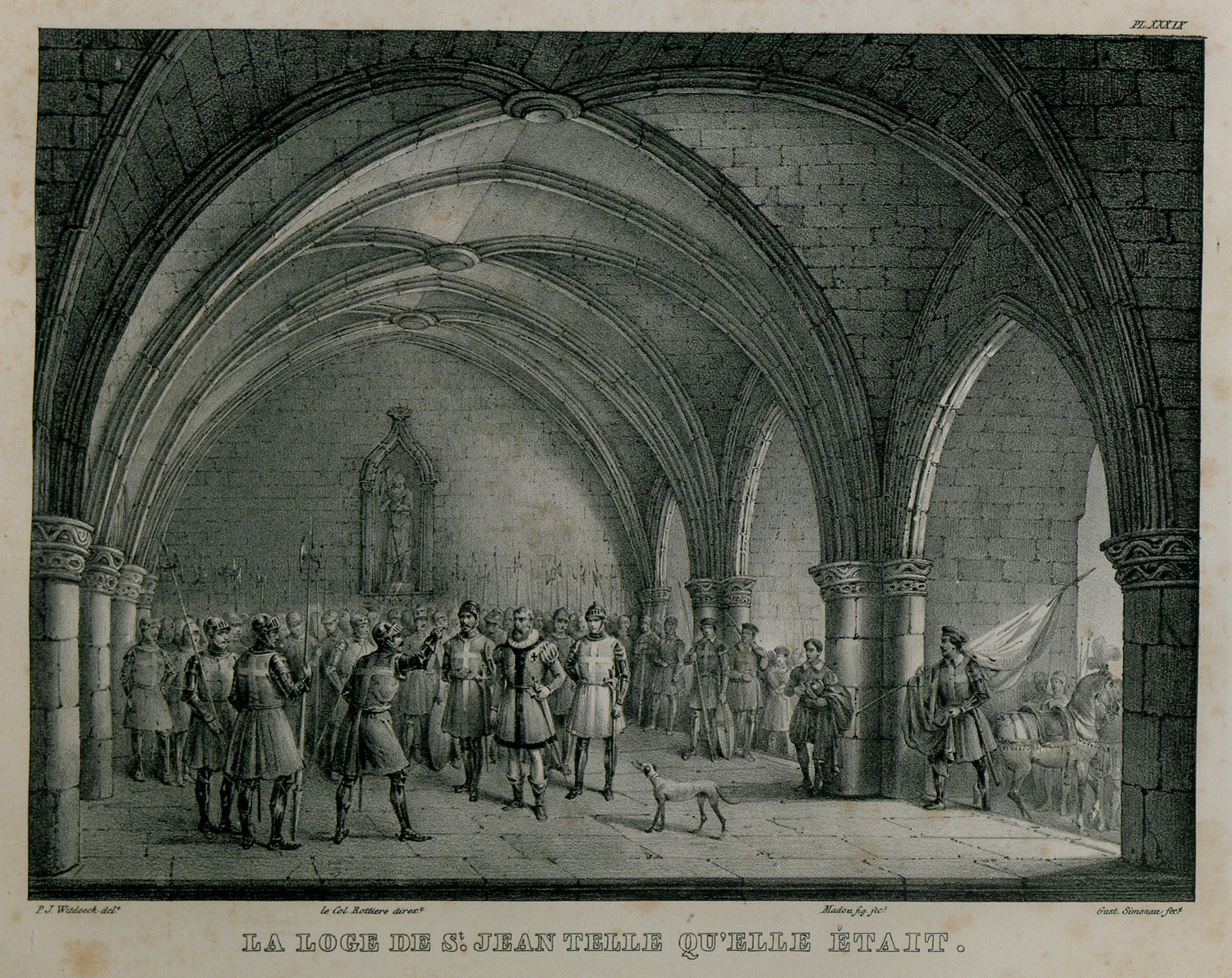Dodecanese (318 Subjects)
The Colossus of Rhodes (reconstruction).
Coats of armds and bas-reliefs from the walls of the city of Rhodes. Bas-relief of Saint Peter, Saint Catherine and Saint John the Baptist. Inscription commemorating the construction of the Sea Gate under Grand Master Pierre d'Aubusson.
View of the interior of D'Amboise Gate in the medieval city of Rhodes.
The fortifications of the city of Rhodes with the Muslim cemetery seen from the northwest. Turkish women pray and give offerings to a tomb.
The fortifications of the city of Rhodes and the Muslim cemetery seen from the west. The author being shown the location.
The fortifications of the city of Rhodes and the Muslim cemetery seen from the southwest.
The fortifications of the city of Rhodes and the Muslim cemetery seen from the southeast.
The fortifications of the city of Rhodes and the Muslim cemetery seen from the east.
View of the interior of the Grand Master's Palace in the Medieval City of Rhodes.
View of Rhodes, from the Grand Master's Palace to Naillac tower.
Relief of angel and coat of arms of Grand Master Émery d'Amboise, from D'Amboise Gate. Ottoman inscription from the same gate (“There is no god but God, Muhammad is the messenger of God."). Relief of Virgin with infant and coat of arms of Grand Master Pierre d'Aubusson, discovered in the Jewish quarter and kept at the Franciscan monastery in Rhodes. Coat of arms of the Knights Hospitaller from the medieval town. Latin inscription «In convertendo inimicum meum retrorsum infirmabuntur et peribunt a facie tua» (Psalms 9:3 “When mine enemies are turned back, they shall fall and perish at thy presence”), referring to the siege of Rhodes by the Ottomans.
Fortress of Saint Nicholas at Mandraki, Rhodes.
The garden of Auvergne in Rhodes. The author being shown the location.
Gate of Saint John in Rhodes.
Reconstruction of the Roman aqueduct of Rhodes at Rodini.
Castellania building, medieval town of Rhodes.
Castellania building, medieval town of Rhodes.
View of the Street of the Knights in Rhodes.
Fresco of young knight Dieudonné de Gozon, later Grand Master of Knights Hospitaller. The knight kills the dragon with the aid of his two dogs. Rottiers claims to have seen the fresco in an Ottoman house in the medieval city of Rhodes.
The tomb of Grand Master Robert de Julliac in the Franciscan church which was converted into a mosque, adjacent to the public baths of Rhodes (Yeni Hamam). Muslim people preparing to pray at the mosque.
Facade of the Knights' Hospital in Rhodes (current Archaeological Museum of Rhodes).
Entrance to the Knights' Hospital in Rhodes (current Archaeological Museum of Rhodes).
Side entrance to the Knights' Hospital in Rhodes (current Archaeological Museum of Rhodes).
Colonnade of the Knights' Hospital in Rhodes (current Archaeological Museum of Rhodes).
The Refectory of the Knights' Hospital in Rhodes (current Archaeological Museum of Rhodes).
Interior of the church of Saint Catherine in Rhodes.
Coats of arms of Philip of Burgundy, who built the fortress of Saint Nicholas, of Grand Master Piero Raimondo Zacosta (Pere Ramon Sacosta) and his engineer, from the fortress of Saint Nicholas. Relief of saint Nicholas from the same fortress. Inscription from the garden of Auvergne: “Blessed is the one who does not walk in step with the wicked or stand in the way that sinners take or sit in the company of mockers” (Psalms 1:1). Ancient statues at the entrance to the garden of Auvergne.
Relief of Saint John from the Gate of Saint John. Rose windows from the church of Saint Catherine in the medieval city of Rhodes. Lances of the Knights Hospitallers taken as trophies by the Ottomans, from the Gate of Saint John. Cenotaph of Marie de Baux from the Church of Saint Catherine.
Lodge of Saint John in the medieval town of Rhodes. The author being shown the location.
Reconstruction of Saint John's lodge in the medieval town of Rhodes. Knight Louis de Graon announces to Grand Master Pierre d'Aubusson the approach of the Ottoman fleet under Mehmed II (1480).


